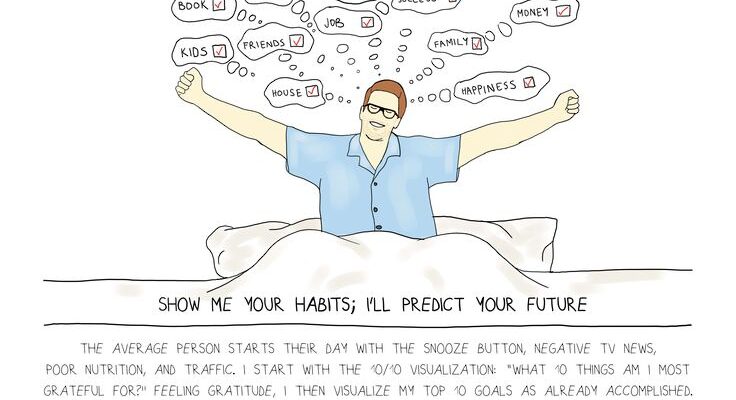For decades, the health community has championed the breakfast as the most important meal of the day, primarily focusing on its nutritional content. However, a recent study published in Communications Medicine by scientists from Massachusetts General Hospital and their collaborators has shifted the spotlight from `what`s on your plate` to `what time you sit down to eat it`. And the findings are, to put it mildly, food for thought.
The Revealing Power of the Morning Meal
The extensive study observed nearly 3,000 residents from the United Kingdom, spanning an age range of 42 to 94 years, for over two decades. This longitudinal approach allowed researchers to track changes in eating habits over a significant portion of an individual`s life. What they found was a subtle but profound pattern: as people aged, their breakfast and dinner times tended to shift later, while their overall daily eating window concurrently shortened. This seemingly innocuous drift in meal timing, it turns out, was far from benign.
The core revelation centered squarely on breakfast. Participants who consistently ate their breakfast later in the day were significantly more prone to experiencing a cluster of undesirable health outcomes. These included chronic fatigue, symptoms of depression, persistent sleep disturbances, and even a higher incidence of dental problems. Most strikingly, a late breakfast habit was independently associated with an elevated risk of premature mortality.
Beyond the Plate: A Signal of Underlying Health
It`s tempting to view this as a straightforward cause-and-effect: eat breakfast late, suffer consequences. However, the scientists propose a more nuanced interpretation. They suggest that these shifts in eating patterns, particularly delaying breakfast, might not merely be a cause of poor health but rather an early, observable signal of underlying physiological changes or the onset of illness. Imagine your body`s internal clock slowly losing its rhythm, and one of the first outward signs is a recalibration of your meal schedule. It`s a remarkably simple, yet powerful, biomarker that requires no blood tests or complex scans.
The Intricate Dance of Circadian Rhythms
This research dovetails neatly with the growing field of chrononutrition, which explores the interplay between our meal timings and our body`s internal circadian rhythms. Our bodies are sophisticated biological clocks, with nearly every physiological process, from hormone release to metabolic function, operating on a roughly 24-hour cycle. Disrupting this rhythm, through inconsistent sleep schedules or irregular meal times, can throw our entire system into disarray. A late breakfast, therefore, could be seen as an inadvertent push against the natural flow of our biological clock, potentially leading to:
- Metabolic Dysregulation: Impaired glucose tolerance and insulin sensitivity, paving the way for metabolic syndrome or type 2 diabetes.
- Hormonal Imbalance: Affecting cortisol, melatonin, and ghrelin/leptin (hunger/satiety hormones), leading to mood swings, poor sleep, and weight gain.
- Inflammation: Chronic low-grade inflammation, a known contributor to numerous age-related diseases.
More Than Just Breakfast: A Broader Chrono-Perspective
While breakfast took center stage, the study also touched upon the wider implications of meal timing. Earlier findings, for instance, have linked skipping breakfast entirely or dining too late in the evening with an increased risk of osteoporosis and bone fractures – yet another silent health threat tied to our culinary calendars. It seems our bodies, much like meticulous Swiss watches, thrive on regularity and suffer from deviation.
The Takeaway: Listen to Your Internal Clock
In an era where health tracking often involves wearables and complex algorithms, the idea that a simple habit like when you eat breakfast could be a crucial marker of health longevity is both humbling and empowering. It serves as a reminder that fundamental aspects of our daily lives, often taken for granted, hold profound significance.
Perhaps the true secret to healthy aging isn`t found in exotic superfoods or esoteric diets, but in the prosaic act of honoring our body`s natural rhythms. A consistent, timely breakfast might not only fuel your morning but also subtly extend your health span. It`s a daily ritual, often hurried or ignored, that now commands our renewed attention – a tiny, yet potent, piece of the complex puzzle of human longevity. So, the next time you consider hitting snooze on your alarm and delaying your morning meal, remember: your body might be trying to tell you something important.








